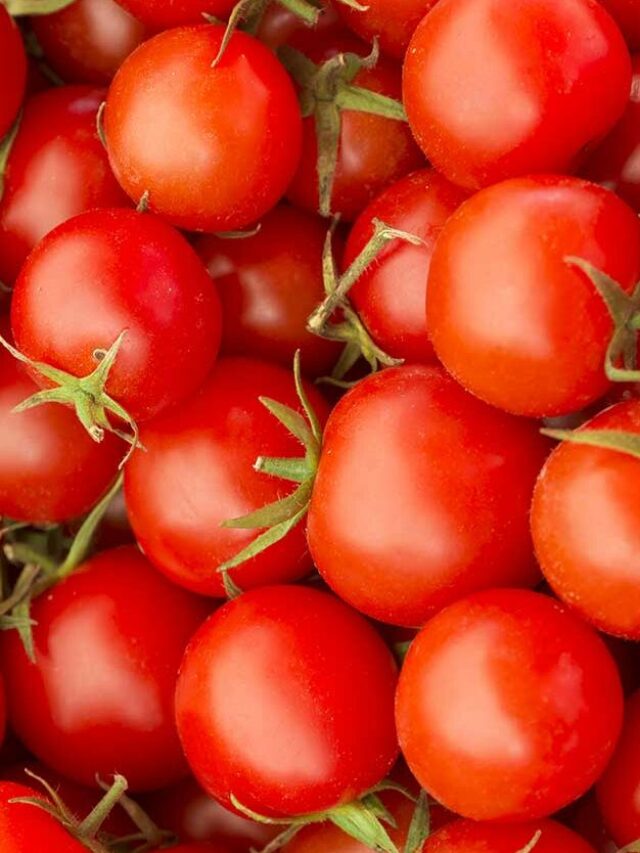What are Numbers?
In mathematics, numbers can be even and odd numbers, prime and composite numbers, decimals, fractions, rational, irrational numbers, natural numbers, integers, real numbers, rational and irrational numbers, and whole numbers.
Following are the different types of numbers:
Numbers are classified into different types, as we mentioned above. These include:
- Prime and composite numbers
- Even and odd numbers.
- Fractions and decimals
- Rational and irrational numbers
- Natural numbers
- Integers
- Real numbers
- Whole numbers
- Rational Numbers
What are Natural numbers?
Natural numbers are an integral and fundamental part of the number system, which comprises all the positive integers from the number 1 till infinity. Natural numbers are also used for counting and calculating purposes. It does not include the zero number. In fact, 1,2,3,4,5,6,7,8,9,10…., are also known as counting numbers. Natural numbers are an important part of the real numbers; they include only the positive integers that are 1, 2, 3, 4,5,6, ………. excluding zero, fractions, decimals, and the negative numbers.
Defining Natural Numbers
As explained in the introduction part, natural numbers are the numbers that are only positive integers, and it includes numbers from 1 till infinity. These numbers are used for counting and are generally used for calculation purposes. The set of natural numbers is shown by the capital letter “N.”
N = {1,2,3,4,5,6,7,8,9,10,11…….}
Is Zero a Natural Number?
The answer to this question is that zero is not a natural number. As we know, natural numbers start with 1 to infinity and are only positive integers. But when we combine zero with a positive integer such as 10, 20, 30, etc., it becomes a natural number. In fact, zero is a whole number that has no value.
Every Natural Number is a Whole Number. Is this true or false?
Every natural number on the number line is a whole number. This statement is true. That is because all natural numbers are only positive integers that start from 1 and go on till infinity, whereas whole numbers also include all the positive integers starting with 0.
What are Real Numbers?
Real numbers are an amalgamation of rational and irrational numbers together. In the number system, all the arithmetic operations can be performed on these numbers, and they can be represented on the number line.
Set of Real Numbers:
The set of real numbers consist of a variety of categories, such as natural numbers, whole numbers, integers, rational and irrational numbers.
Properties of Real Numbers
There are four main and vital properties which include commutative property, associative property, distributive property, and identity property.
Just like the set of natural numbers and integers, the set of real numbers also consists of the closure property, the associative property, the commutative property, and the distributive property. A few important properties of real numbers are mentioned below.
- Closure Property: The sum and the product of two real numbers is always a real number.
- Associative Property: The sum or the product of any three real numbers remains the same even when the grouping of numbers is changed.
- Commutative Property: The sum and product of the two real numbers remain the same even after interchanging the order of numbers.
- Distributive Property: The distributive property of multiplication over addition and the distributive property of multiplication over subtraction is called distributive property.
Conclusion
Numbers build a solid foundation for mathematics. A number is an educational object used to count, measure, and in programming. Numbers are the beginning of mathematics. They help students understand the working of numbers and their values. Numbers help students to boost their logical thinking and reasoning skills. Students are prepared for advanced math and help them understand complex concepts as well.
You can refer to Cuemath interactive worksheets if you’re looking for a fun and interactive practice session based on real numbers and integers. Cuemath helps you understand math in the most interesting way!














